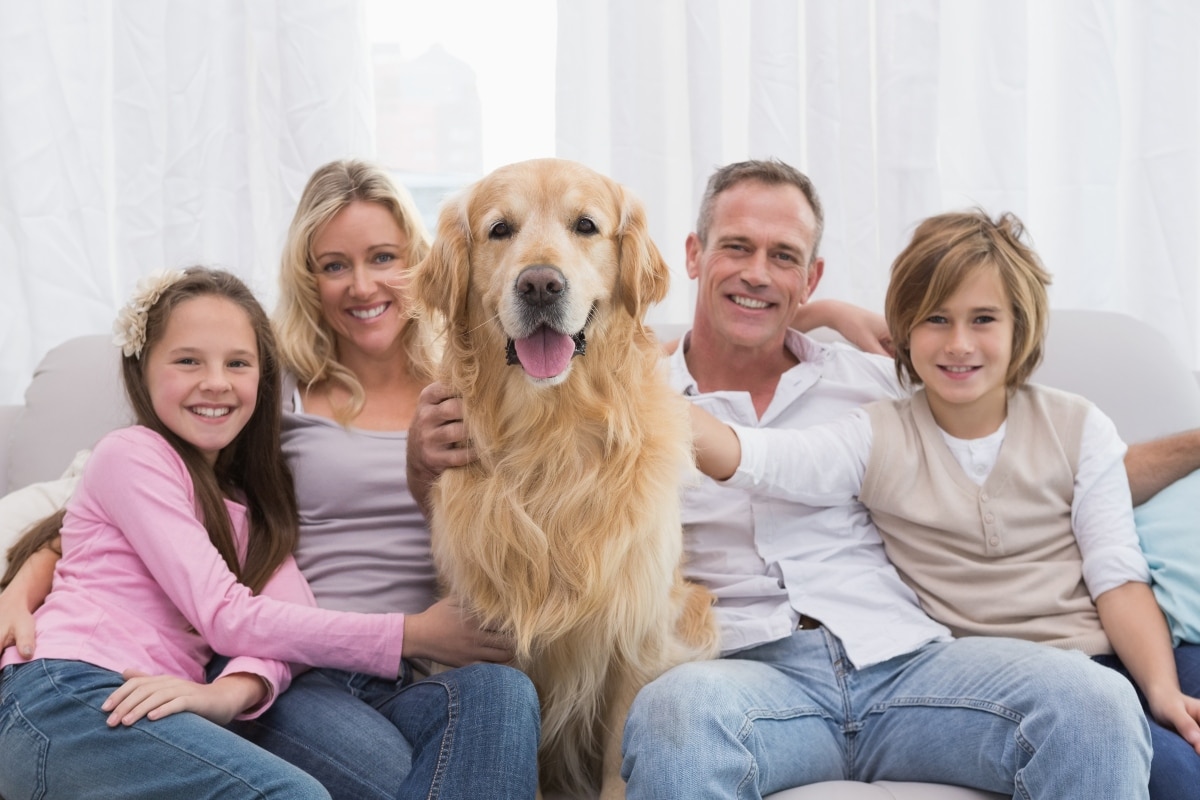 Shutterstock
Shutterstock
Dogs are more than just loyal companions—they’re incredibly perceptive creatures with deeper emotional lives than many realize. While they can’t recall memories the way humans do, science and observation suggest they remember significant events in their own special way. From bonding experiences to emotional milestones, dogs often demonstrate clear signs that they carry certain moments with them long after they’ve passed.
Gets Excited at Familiar Places
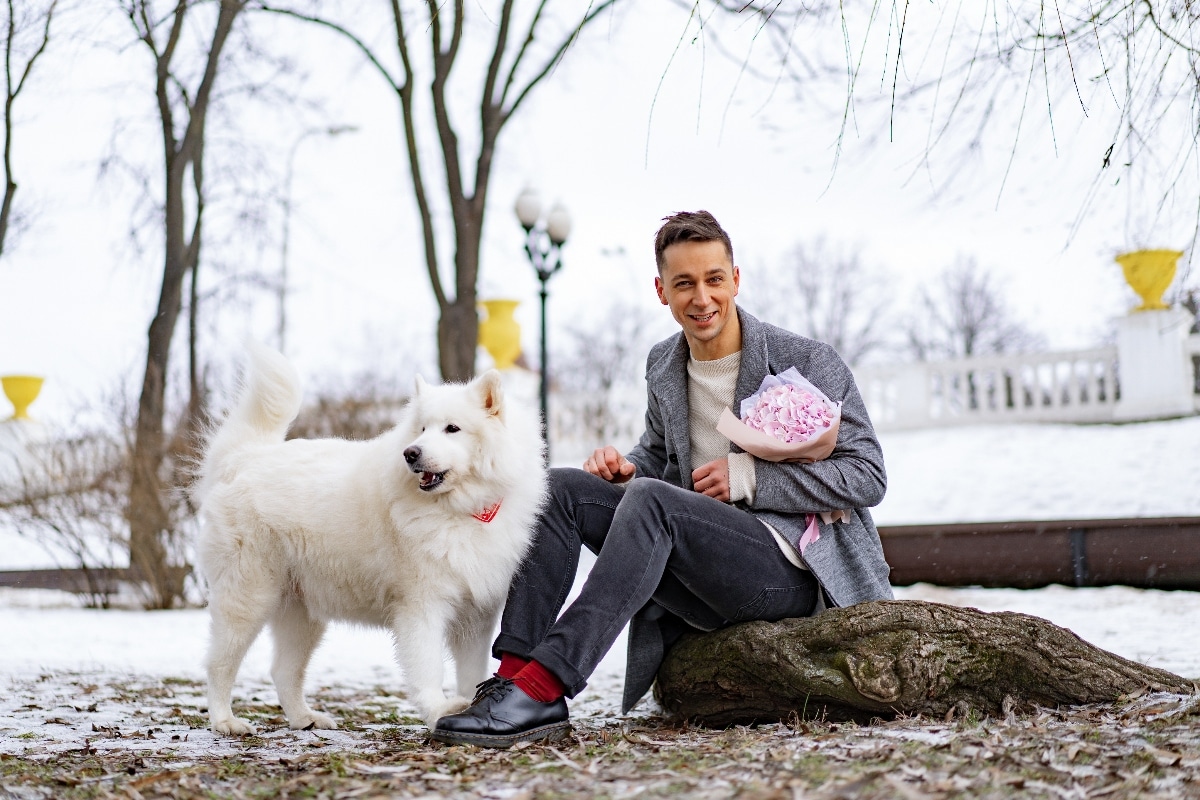 Shutterstock
Shutterstock
If your dog starts wagging its tail wildly or pulling on the leash as you approach a familiar park or a friend’s house, it’s not coincidence—it’s memory. Dogs form strong associations between places and the emotions they felt there. A joyful trip to the beach or a fun playdate can stick with them for years. Their enthusiastic reaction is a clear sign they remember those moments vividly.
Recognizes People After Long Absences
 Shutterstock
Shutterstock
Ever noticed how your dog instantly perks up when someone they haven’t seen in ages walks through the door? Dogs can remember people they bonded with even after months or years apart. The scent, voice, and body language of a familiar person can trigger an emotional response rooted in memory. Their excited greetings aren’t just instinct—they’re genuine recognition.
Reacts to Specific Words or Phrases
 Shutterstock
Shutterstock
Dogs often associate certain words with past experiences, whether it’s “walk,” “treat,” or “grandma’s house.” When they respond instantly to a phrase you haven’t used in ages, it’s a sign they’ve retained the emotional connection tied to it. Their memory isn’t just about routine—it’s about meaningful patterns. Words that once led to happiness are remembered with eager anticipation.
Returns to “Sentimental” Spots
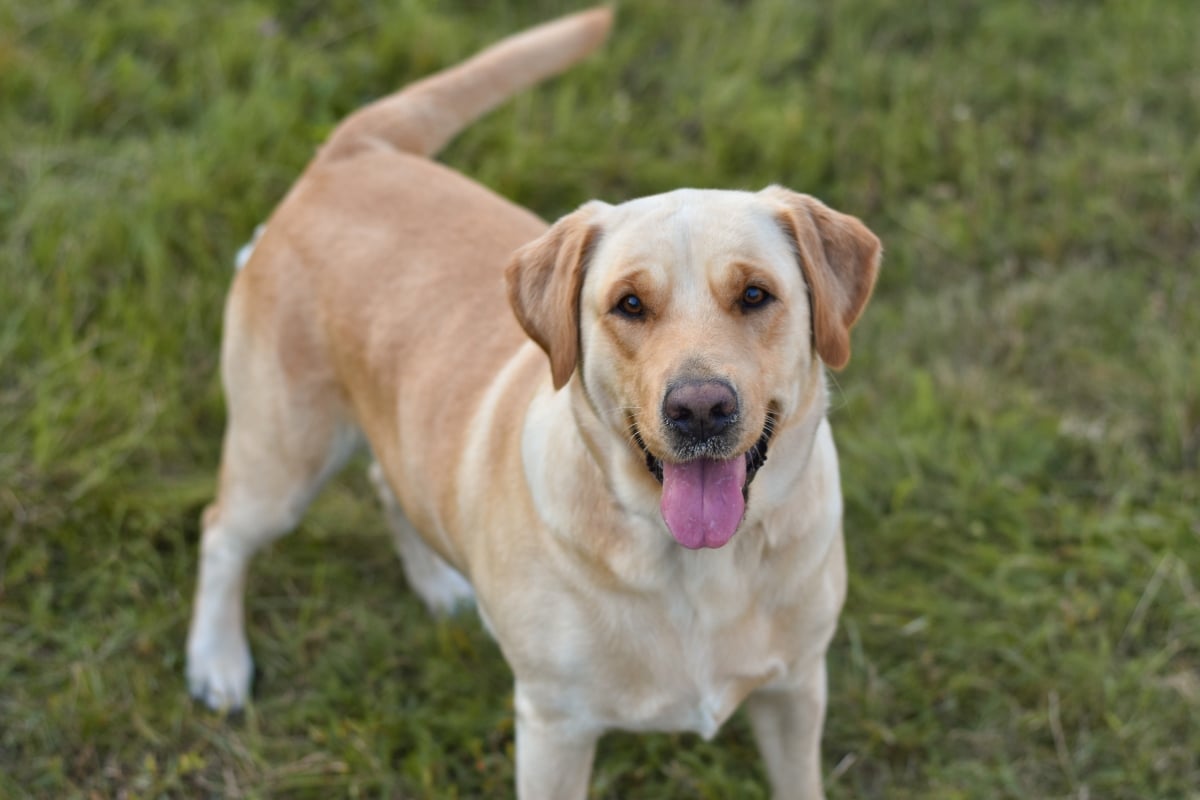 Shutterstock
Shutterstock
Some dogs return to spots where something memorable happened, like where they buried a toy or shared a quiet moment with their favorite person. These actions suggest they have a mental map of emotional landmarks. Whether it’s a patch of grass in the backyard or a corner of the couch, dogs often revisit these places seeking comfort or familiarity. It’s their way of reliving something special.
Shows Signs of Grief or Joy Linked to the Past
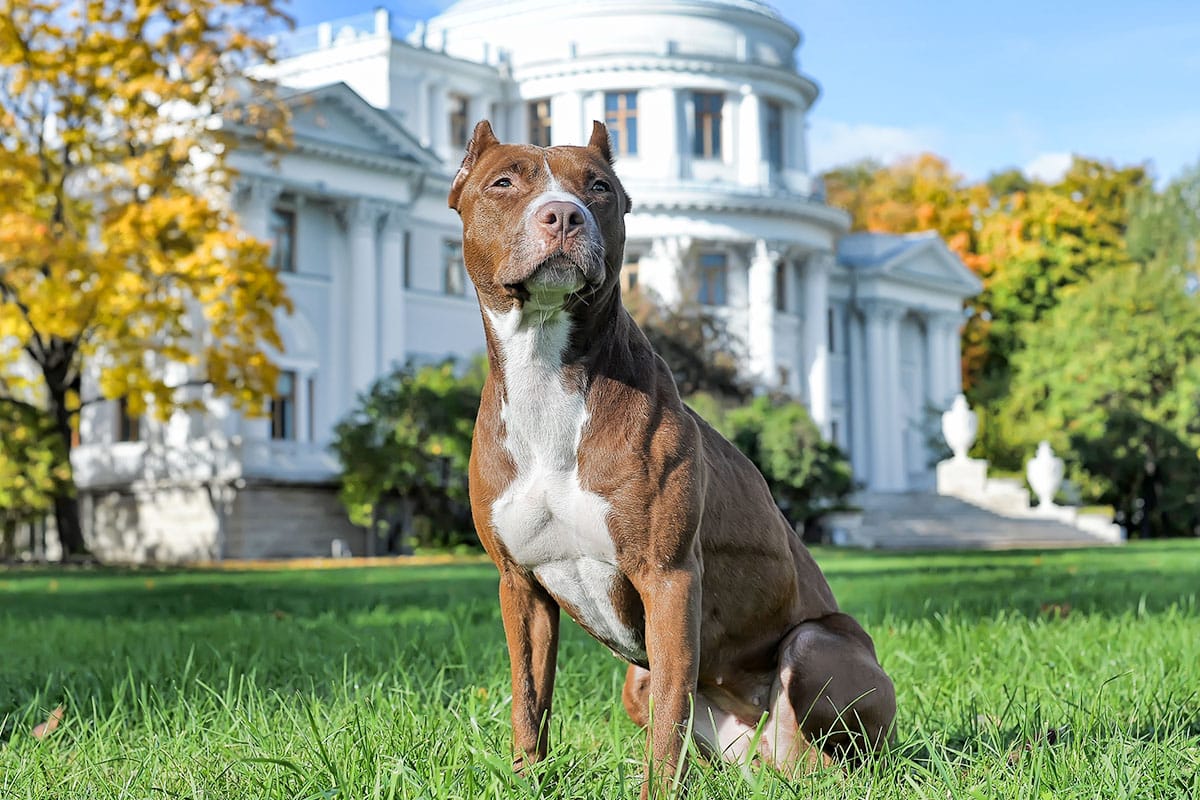 Shutterstock
Shutterstock
Dogs can show visible signs of grief when someone they loved is gone—just as they show joy when reuniting with someone dear. This emotional response isn’t random; it stems from memory and attachment. They may search for a missing person or whimper when hearing a familiar sound associated with them. These behaviors reveal just how deeply they remember emotional experiences.
Displays Learned Behaviors from Specific Events
 Shutterstock
Shutterstock
If your dog still avoids a certain spot where they were once startled or injured, that’s memory in action. Dogs learn from both positive and negative experiences and carry that knowledge with them. A dog that once learned to sit politely before getting a treat may continue doing it years later without prompting. Their actions are shaped by stored experiences, not just repetition.
Reacts to Old Toys or Blankets
 Shutterstock
Shutterstock
Reintroduce a toy or blanket your dog hasn’t seen in a long time, and watch their reaction. The way they sniff, cuddle, or play with it shows they recognize its scent and the comfort it once brought. Dogs use their noses as memory vaults, storing emotional snapshots tied to specific objects. Their fondness for certain belongings reveals a strong emotional memory.
Mirrors Your Emotions in Familiar Contexts
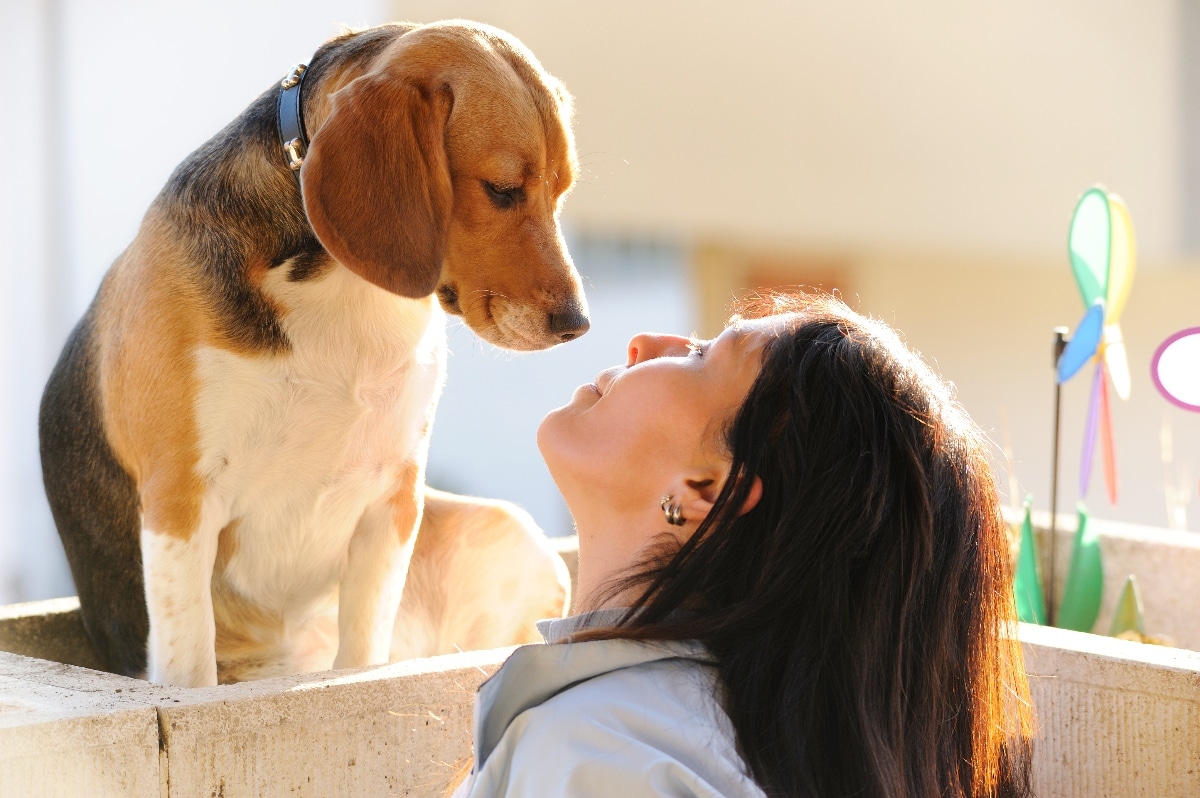 Shutterstock
Shutterstock
Dogs can pick up on your emotional cues and respond differently based on past shared experiences. If you were once sad and they comforted you in a certain spot, they may repeat that behavior when they see you upset again. They don’t just remember the moment—they remember their role in it. This emotional mirroring shows a remarkable level of empathy and memory.
Responds to Music or Sounds from the Past
 Shutterstock
Shutterstock
Play a song that used to accompany your daily routine, and your dog might tilt its head, perk up its ears, or even become visibly excited. Dogs can associate music or specific sounds with the emotions or experiences of the past. A jingle from an old commercial or the sound of a familiar vehicle can trigger a meaningful reaction. It’s another way they connect present moments to cherished memories.
Paws, Play, and Precious Memories
 Shutterstock
Shutterstock
While your dog may not keep a photo album or journal, their behaviors tell a rich story of the moments that have shaped their world. From joyful reunions to quiet cuddles, dogs hold on to the feelings that come with special experiences. Their unique memory system is built on emotion, routine, and deep connection. And if you’ve shared love, laughter, or adventure with your dog, rest assured—they haven’t forgotten a single tail-wagging second.

 2 weeks ago
11
2 weeks ago
11


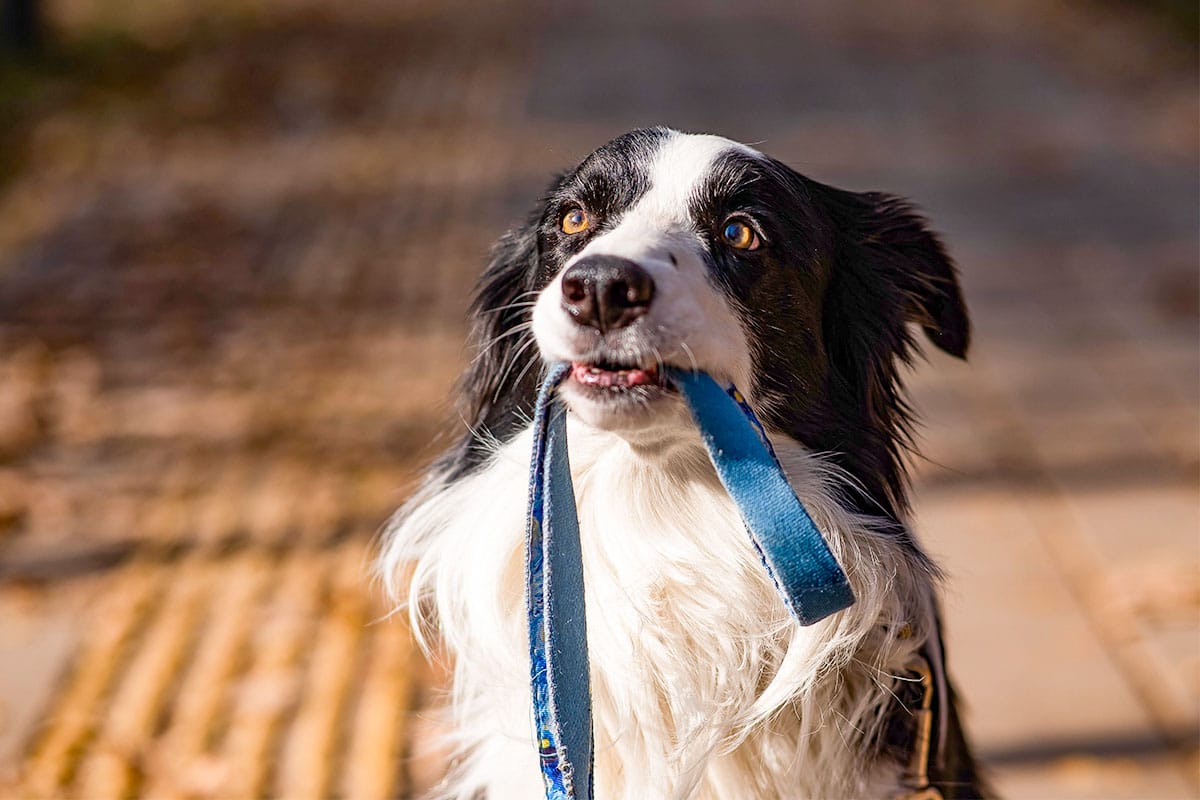



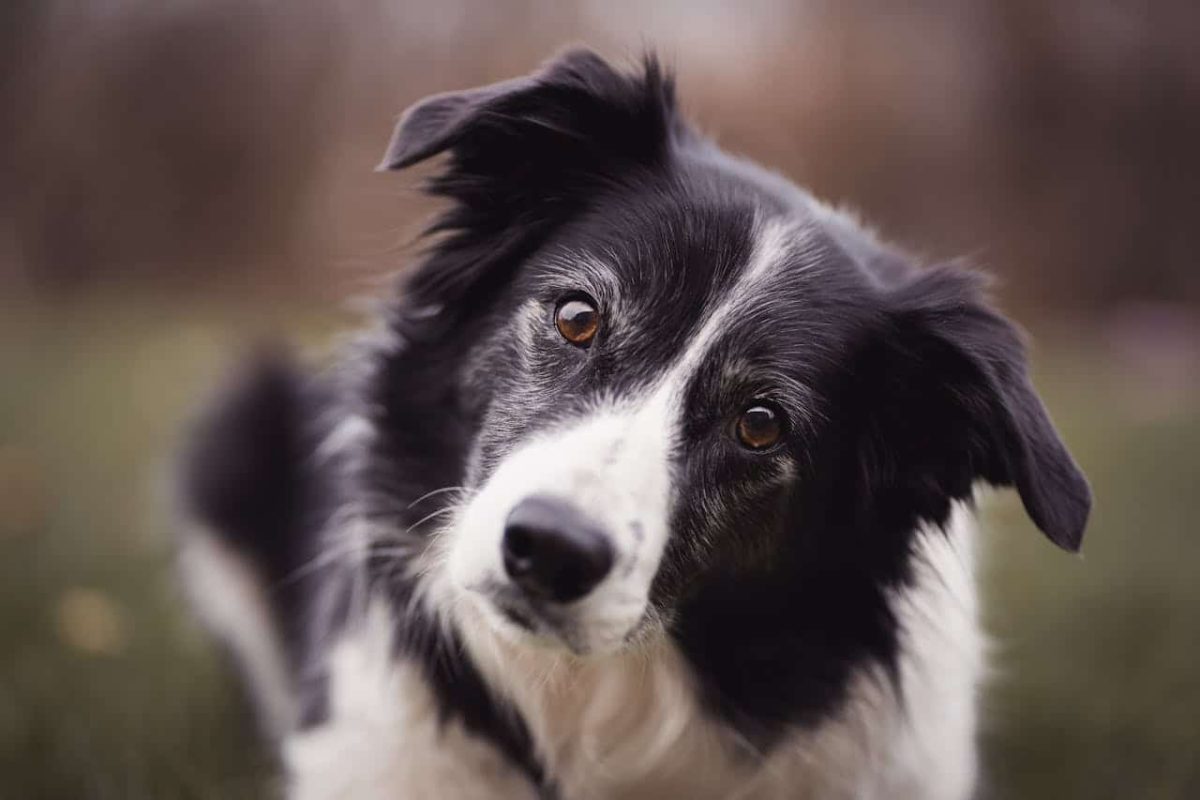
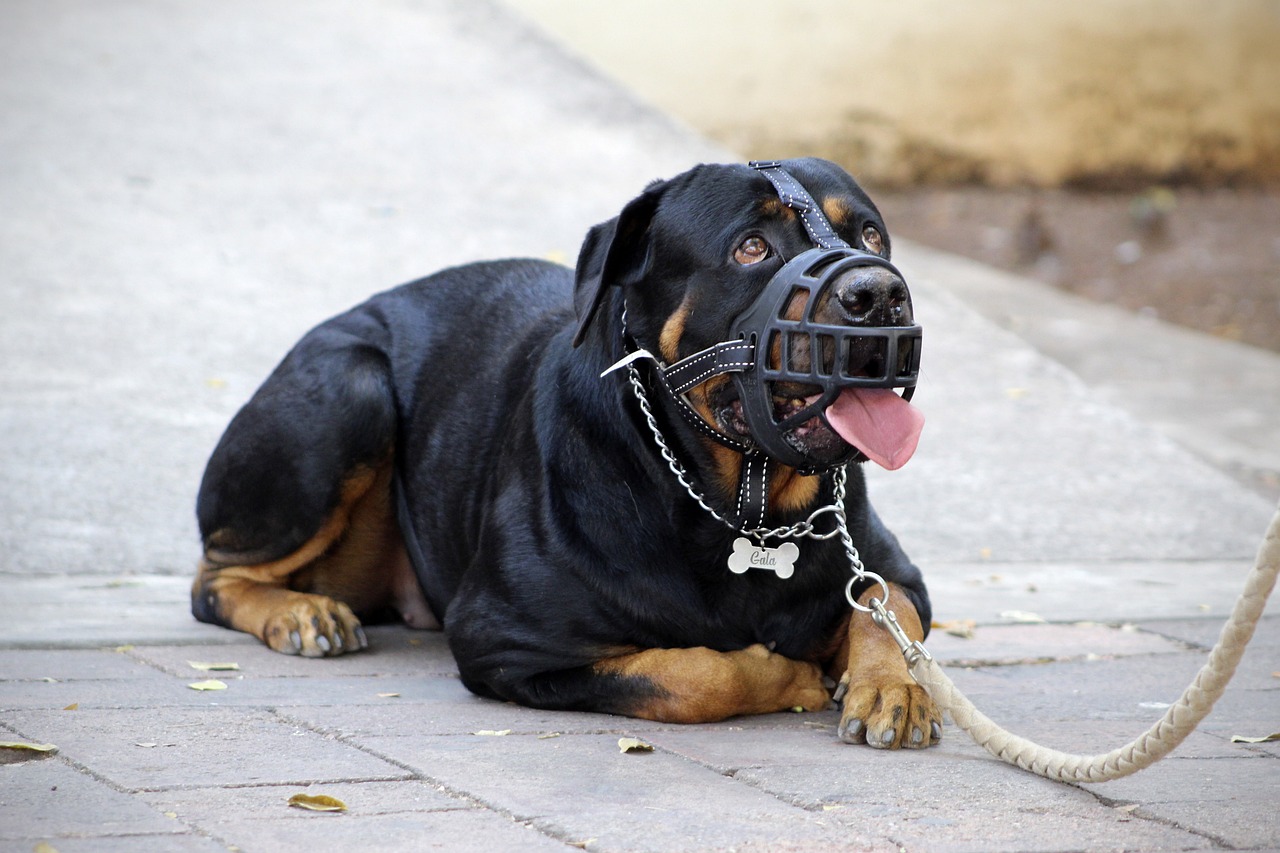


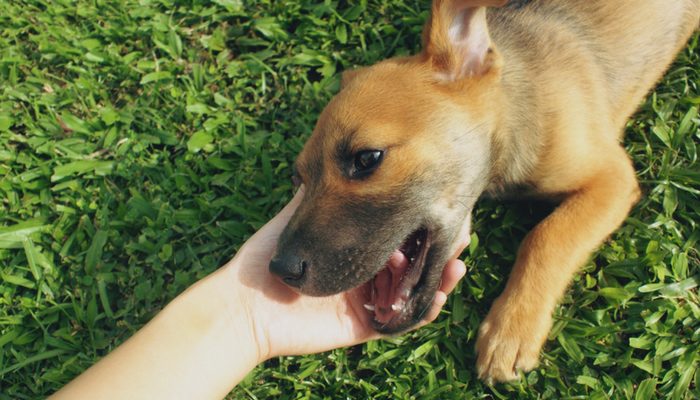

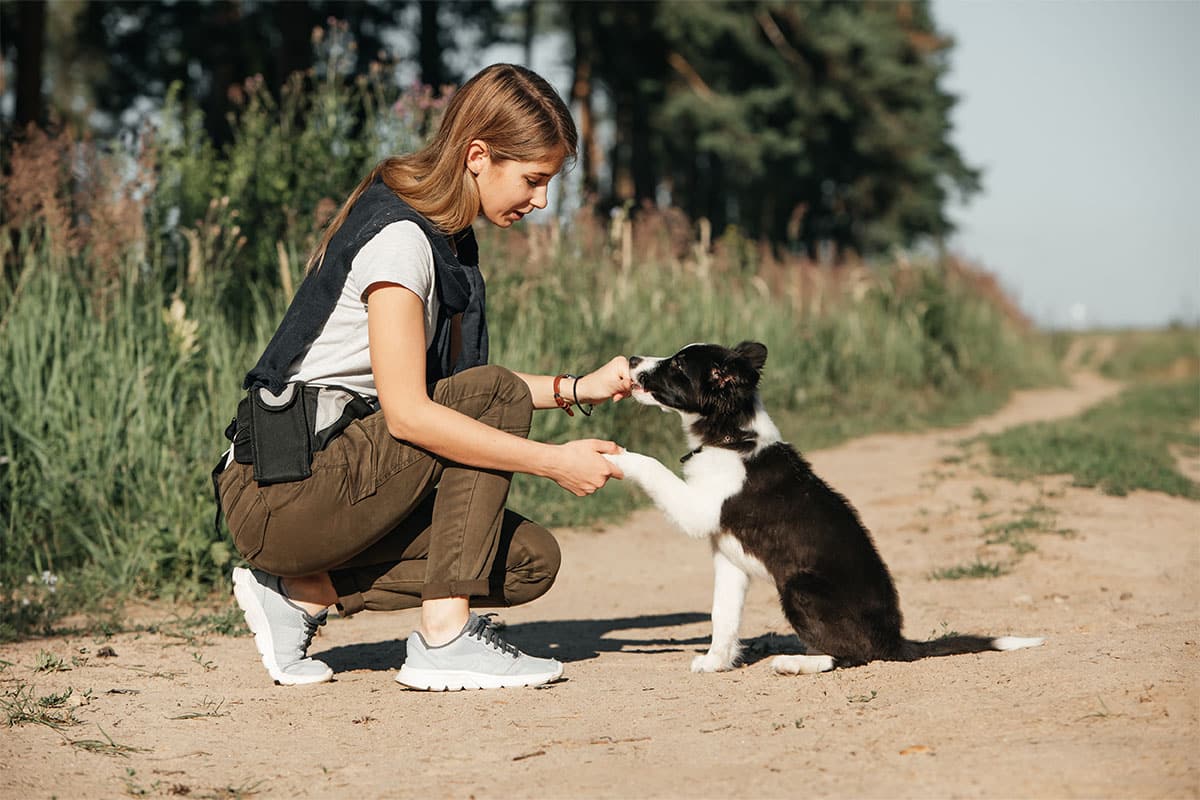


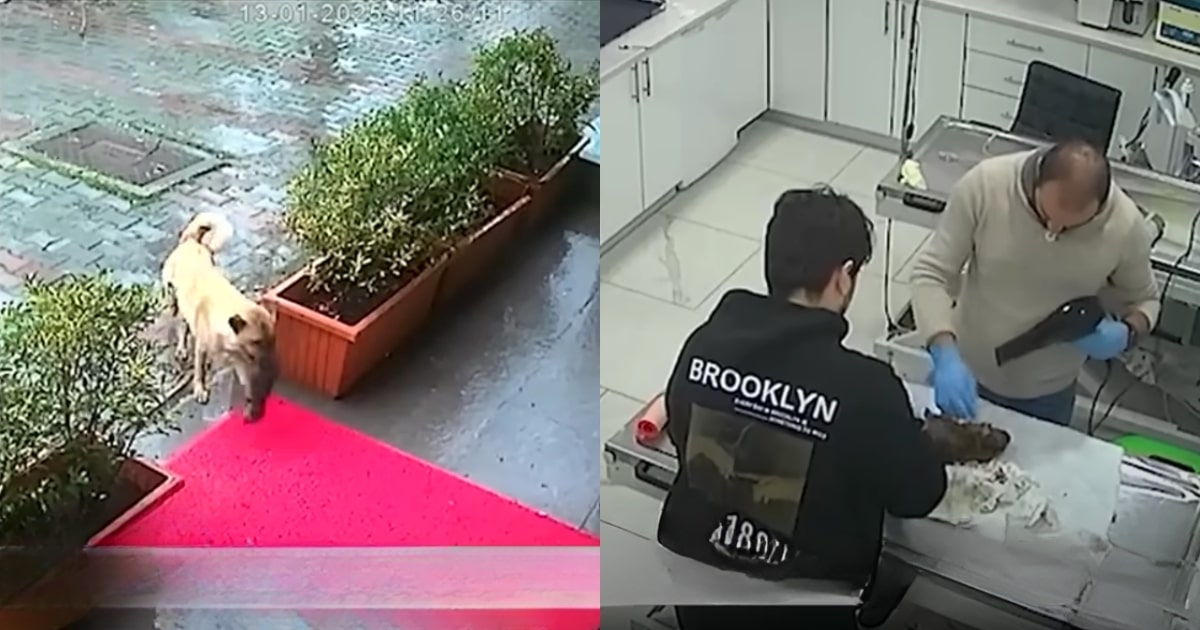


 English (US) ·
English (US) ·